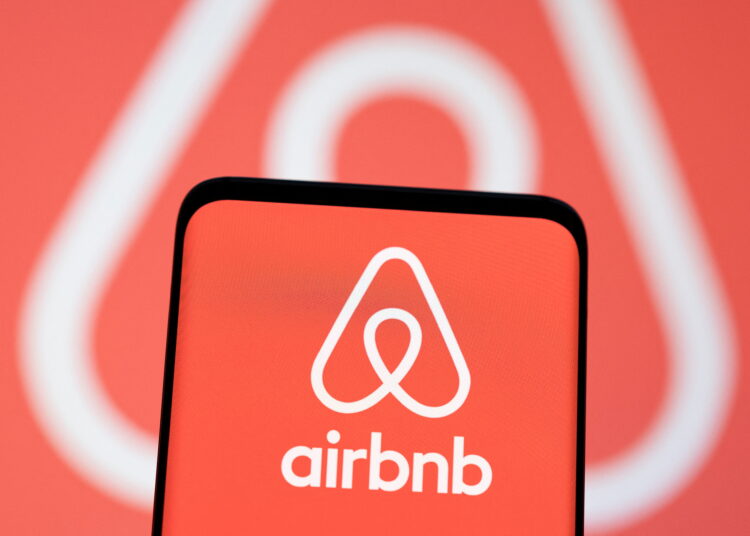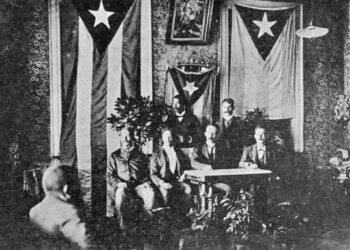The U.S. company Airbnb, dedicated to promoting tourist rentals around the world, has been sued for illegally benefiting through its website from a property allegedly confiscated by the Cuban government in the 1960s without paying compensation to its owners.
A report in the newspaper El Nuevo Herald states that this would be the first lawsuit that alleges “trafficking” linked to businesses with a residential property on the island. The lawsuit was filed this Monday in the court of the central district of Florida, based in Orlando.
It argues that Airbnb benefited from advertising a rental in a six-apartment building located in a Havana neighborhood, originally owned by the Parreño family, including Alberto Parreño.
According to the publication, the Department of Justice’s Foreign Claims Settlement Commission certified Parreño’s claim to one-third of the land and building in 1970, valued at that time at $547,365.24.
Parreño, a U.S. citizen, died in 1972. Javier García-Bengochea, his cousin and administrator of his estate, is the person who now filed the lawsuit.
The allegedly injured party states that Airbnb continued to advertise the property between August 2019 and May 2022, after being notified that it was subject to a lawsuit.
In this way, the company would have trafficked the property “in a conscious, voluntary, intentional and continuous manner.”
The same medium, in an article from January 2022, had echoed the case. At the time, the company told the Herald that it “would investigate the allegations and take action, including removing the ad if it was found to violate its policies,” which ended up happening.
The report adds that Airbnb did not immediately respond to a request for comment regarding the new circumstance.
Last year the company accepted the responsibility of not complying with all the legal requirements of the United States to work in the Cuban market, for which it agreed to pay a fine of just over 91,000 dollars.
An open window
García-Bengochea, a Cuban-American neurosurgeon based in Jacksonville, actively lobbied Congress and several administrations to enforce a provision of the Helms-Burton Act of 1996, also known as the Libertad Act, that would allow companies doing business in Cuba to be sued for “trafficking in confiscated property,” the report stated.
The right to sue had been suspended by every U.S. president since the law was first enacted but was restored during Donald Trump’s administration.
This policy change led to an avalanche of lawsuits against U.S., foreign, and Cuban government entities that did business with confiscated properties, mostly hotels, mines, ports, airports, and land, the Florida newspaper highlighted.
Four shipping companies sued for sailing to Cuba appeal decision of Miami judge to stop the case
Most of the cases are still in litigation or appeals, although in one of the lawsuits related to the use of the port of Havana, several cruise companies were ordered to pay more than $400 million in compensation.
Airbnb began working in Cuba in 2015 when relations between both nations improved while Barack Obama occupied the White House.










